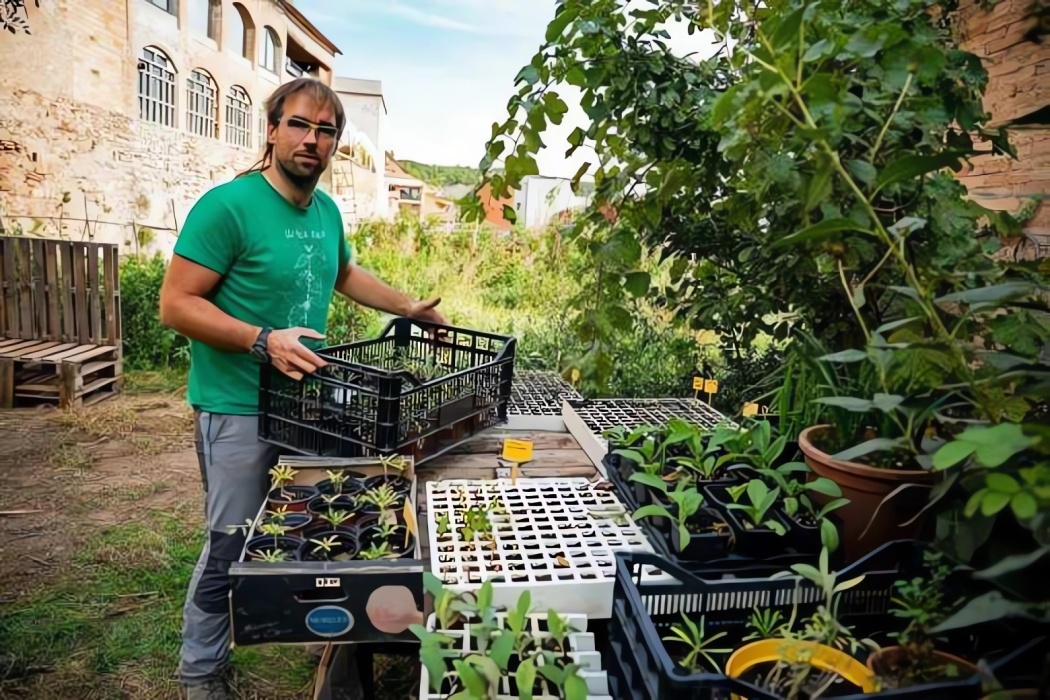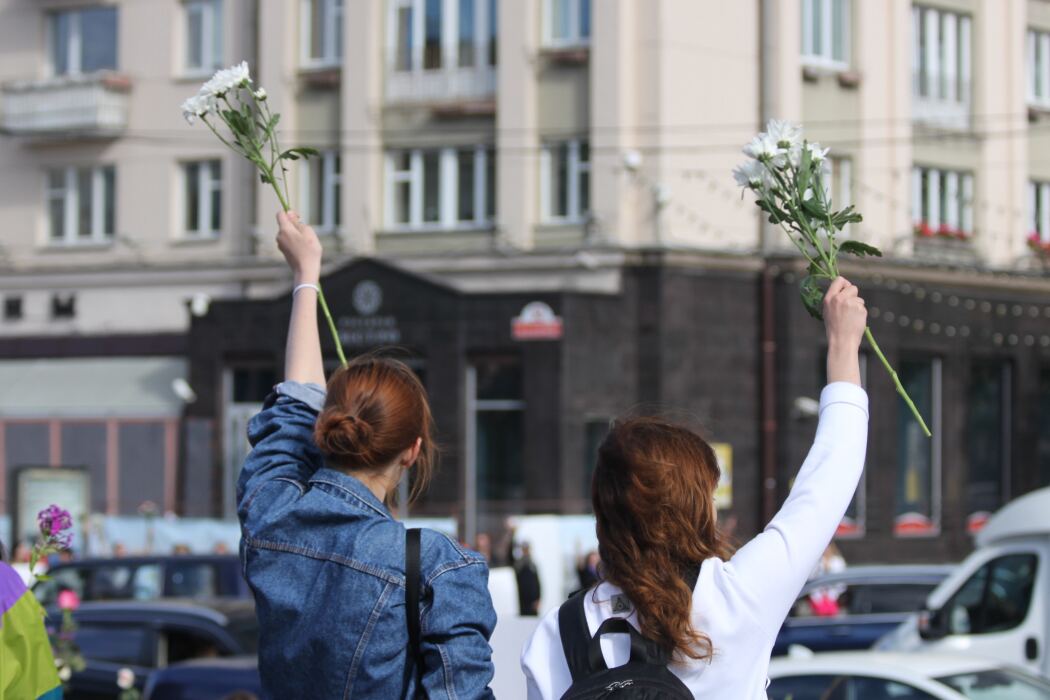The social and solidarity economy in Anoia
Social and Solidarity Economy
In the Anoia region, various initiatives prioritize more equitable environmental and social practices and articulate alternatives to the current economic system. We are talking about initiatives that operate in the field of the so-called Social and Solidarity Economy (SSE). We find projects that aim to cover a very wide range of needs, from food, access to housing, energy consumption to the development of educational or cultural projects.
Social and Solidarity Economy
The Social and Solidarity Economy prioritizes satisfying people's needs beyond economic profit and is the only one capable of providing opportunities to the most disadvantaged groups.
It is an economy that is democratically managed and owned and led by the people themselves, who, as workers in their day-to-day life, empower themselves through involvement in the decisions and actions of their own lives and the economy, benefiting the local environment and the territory.
The Social and Solidarity Economy proposes and carries out the economy in the service of people from economic, social, and environmental exchanges that positively impact the territory where the activities are developed (rooting). It is built collectively and accessibly through democratic deepening in organization and decision-making (self-management, transparency, and horizontality). What it generates must serve the community-society of which it is a part based on social responsibility criteria, strengthening local economies (intercooperation), dignified work (social equity, feminism), and social cohesion (social inclusion, empowerment), and environmental criteria that consider the management and care of the environment in an integral, sustainable, and long-term manner.
SSE Projects
We are talking about associative projects, cooperative exchange networks, communal management systems, governance, and collective management of properties and public goods. Projects where ownership and management are collective and based on assemblyism and the principle of one person, one vote. Projects where the purpose is social, environmental, and collective improvement, seeking to reduce inequality.
We can find insertion companies, social initiative cooperatives, associations and foundations, labor societies, initiatives that promote fair trade, social welfare mutuals, models of ethical and solidarity finances, community self-management groups, exchange markets, or time banks.
Principles of Cooperativism
- 1st Principle: Voluntary and open participation
- 2nd Principle: Democratic management
- 3rd Principle: Economic participation of members
- 4th Principle: Autonomy and independence
- 5th Principle: Education, training, and information
- 6th Principle: Cooperation among cooperatives
- 7th Principle: Interest in the community
Why form a cooperative?
- Because the socio-economic activity of an entity/association is gaining strength and wants to maintain non-profit purposes.
- Because it allows the continuation of democratic functioning, enhances the active participation of member individuals, and generates jobs.
- Because it relieves associative governing bodies of the burden of management and responsibilities for business decisions and transfers them to the cooperative's member individuals.
- Because it frees the social mass from possible situations of incompatibility or conflict of interest.
- Because cooperatives start with advantages regarding fiscal obligations derived from the economic activity they develop.
- Because being a cooperative means democracy, autonomy, solidarity, education, interest, connection, respect, transversality...
Types of cooperatives
- Agricultural cooperatives
- Service cooperatives
- Worker cooperatives
- Consumer and user cooperatives
- Housing cooperatives
- Credit cooperatives
- Insurance cooperatives
- Health cooperatives
- Education cooperatives
- Maritime cooperatives
- Integral cooperatives
- Rural cooperatives
Cooperativism in Anoia
The social and solidarity economy is growing and taking root throughout Catalonia and, little by little, in our region. However, this economic model that deviates from market logic is not a new initiative in Anoia. At the beginning of the 20th century, different consumer cooperatives appeared in Igualada - La Primavera (1902), La Económica (1904), La Protegida (1905), La Igualadina (1912) - inspired by the principles of Rochdale cooperativism.
The Rochdale Society of Equitable Pioneers was founded in England in 1844, promoted by a group of textile workers who were unemployed at the time. This first warehouse that sold basic food and clothing products, unlike other companies, opted to distribute the benefits of work equitably and invest them in projects that would improve the quality of life of its members and partners. In this way, cooperative houses were built to guarantee dignified housing for its associates, or the purchase of manufacturing machinery and land that could be cultivated when the members were unemployed.
La Económica de Igualada - located where today the cooperative cultural services project Unicoop Cultural manages the Teatre de l'Aurora - was a grocery store that reversed the generated economic surplus in the three pillars of Rochdale cooperativism: mutual protection, affordable housing, and the promotion of culture. The Second Republic boosted the cooperative movement and, in the case of Igualada, La Económica created the first Cooperative Health Pharmacy "Farmàcia Mutualista" where the popular classes could acquire medicines at more affordable prices. The Franco dictatorship cut short the entire cooperative movement and the collectivizations that had occurred in 1936.
In Anoia, there are currently 14 work companies under the cooperative regime and about sixty social and solidarity economy projects. Some of them have a long history, such as Unicoop Cultural - which picks up the cultural legacy of the cooperative La Económica, later renamed La Victoria - or the Naturalment consumer cooperative that has opted for the consumption of agroecological and socially just products since 1998. We also highlight the Comunitat Eixarcolant, one of the latest cooperative projects created, which dedicates its efforts to building an agri-food model and socio-economic development that generates a positive impact at all levels.



